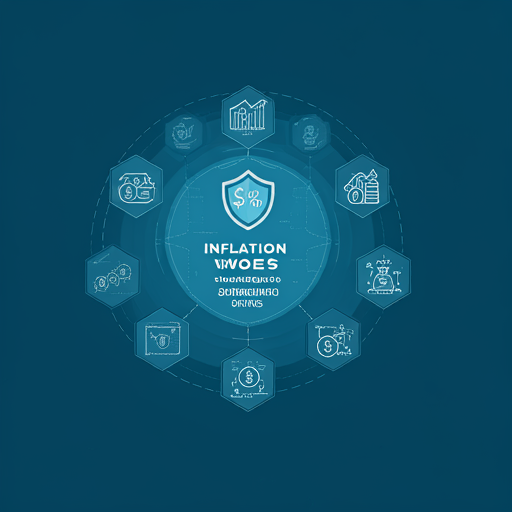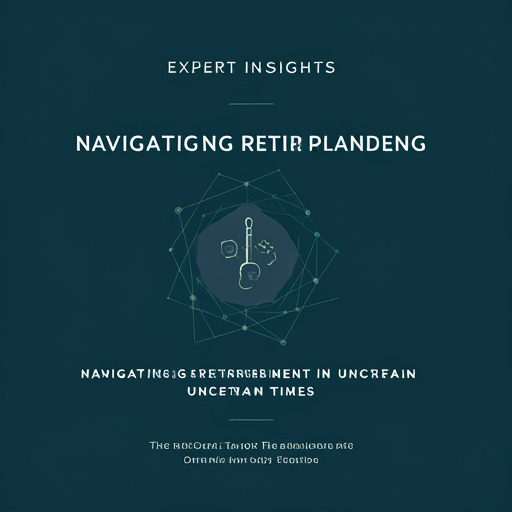Introduction to Fintech Innovations
Defining Fintech and Its Importance
Fintech, or financial technology, encompasses innovative solutions that enhance financial services. It revolutionizes traditional banking by integrating technology into operations. This integration streamlines processes, reduces costs, and improves customer experiences. Efficiency is key in today’s fast-paced market. Moreover, fintech fosters financial inclusion by providing access to underserved populations. Many people still lack banking services. By leveraging digital platforms, fintech companies can reach a broader audience. This is a significant advancement in the financial sector.
Overview of Current Trends in Fintech
Current trends in fintech highlight the rise of artificial intelligence and machine learning. These technologies enhance data analysis and customer service. They provide personalized financial solutions. Many users appreciate tailored experiences. Additionally, blockchain technology is gaining traction for its security and transparency. Security is a top priority for consumers. Digital wallets are also becoming increasingly popular, facilitating seamless transactions. Convenience is essential in today’s world.
The Role of Blockchain Technology
Understanding Blockchain Basics
Blockchain technology serves as a decentralized ledger, ensuring transparency and security in transactions. It operates through a network of nodes that validate and record data. This process enhances trust among participants. Trust is crucial in financial transactions. Key features include immutability, which prevents data alteration, and consensus mechanisms that validate transactions. These features are essential for integrity. Additionally, blockchain reduces the need for intermediaries, lowering costs. Cost efficiency is a significant advantage.
Blockchain’s Impact on Financial Transactions
Blockchain significantly enhances the efficiency of financial transactions by enabling real-time processing and settlement. This capability reduces the time and costs associated with traditional banking methods. Speed is essential in finance. Furthermore, the technology minimizes fraud risk through its transparent and immutable nature. Transparency builds trust among users. By eliminating intermediaries, blockchain streamlines operations and lowers transaction fees. Lower fees benefit consumers directly.
Cryptocurrencies and Their Influence
How Cryptocurrencies Are Reshaping Banking
Cryptocurrencies are fundamentally altering the banking landscape by introducing decentralized financial systems. These systems empower users to conduct transactions without intermediaries. This independence is revolutionary. Additionally, cryptocurrencies facilitate cross-border payments with lower fees and faster processing times. Speed and cost efficiency matter. Moreover, they promote financial inclusion by providing access to unbanked populations. Many people lack banking services. As a result, traditional banks are adapting their services to remain competitive. Adaptation is crucial for survival.
The Rise of Decentralized Finance (DeFi)
The rise of decentralized finance (DeFi) is transforming traditional financial systems by utilizing blockchain technology. This innovation allows users to engage in lending, borrowing, and trading without intermediaries. Independence is empowering for users. DeFi platforms offer greater transparency and accessibility, attracting a diverse user base. Many people seek financial alternatives. Additionally, smart contracts automate transactions, reducing operational costs. Cost reduction is a significant advantage.
Artificial Intelligence in Banking
AI Applications in Financial Services
Here are 10 trending article titles for a financial website based on the latest news and analysis of financial trends: No input data
Enhancing Customer Experience with AI
Artificial intelligence significantly enhances customer experience in banking by providing personalized services. These services analyze customer data to tailor recommendations. Personalization is key to satisfaction. Additionally, AI-driven chatbots offer ⁄7 support, addressing inquiries promptly. Quick responses improve customer engagement. Furthermore, predictive analytics help banks anticipate customer needs, fostering loyalty. Anticipating needs is essential for retention.
Regulatory Challenges and Opportunities
Navigating the Regulatory Landscape
Navigating the regulatory landscape presents both challenges and opportunities for financial institutions. Compliance with evolving regulations requires significant resources and expertise. This can strain operational capabilities. However, proactive adaptation can lead to competitive advantages. Staying ahead of regulations fosters trust with clients. Additionally, regulatory frameworks can encourage innovation in financial products. Innovation drives market growth and customer satisfaction.
Future of Regulation in Fintech
The future of regulation in fintech will likely focus on balancing innovation and consumer protection. Regulators must adapt to rapid technological advancements. Adaptation is essential for effective oversight. Moreover, collaboration between regulators and fintech firms can foster a supportive environment. Cooperation benefits all parties involved. Additionally, clear regulatory frameworks will encourage investment in fintech solutions. Clarity is crucial for growth.
Digital Payment Solutions
Emergence of Contactless Payments
The emergence of contactless payments has revolutionized digital transactions. This technology enables swift and secure payments through NFC-enabled devices. Speed enhances customer satisfaction. Furthermore, contactless payments reduce physical contact, promoting hygiene. Hygiene is increasingly important today. As adoption grows, merchants must upgrade their payment systems. Upgrading is essential for competitiveness.
Mobile Wallets and Their Adoption
Mobile wallets are gaining traction as convenient digital payment solutions. They allow users to store payment information securely on their devices. Security is a top priority for users. Additionally, mobile wallets facilitate quick transactions, enhancing the overall shopping experience. Speed is crucial in today’s market. As more retailers adopt this technology, consumer acceptance is expected to rise. Acceptance is vital for widespread use.
Cybersecurity in Fintech
Understanding Cyber Threats in Financial Services
Understanding cyber threats in financial services is crucial for maintaining security. Cyberattacks can lead to significant financial losses and reputational damage. Losses can be devastating. Common threats include phishing, ransomware, and data breaches. These threxts target sensitive customer information. Protecting this data is essential for trust. Implementing robust cybersecurity measures can mitigate risks effectively. Mitigation is key to resilience.
Best Practices for Securing Financial Data
Best practices for securing financial data include implementing strong encryption methods. Encryption protects sensitive information from unauthorized access. Protection is essential for trust. Regularly updating software and systems is also critical. Updates fix vulnerabilities and enhance security. Additionally, conducting employee training on cybersecurity awareness is vital. Awareness reduces human error risks. Finally, establishing a robust incident response plan is necessary. Preparedness is key to effective recovery.
The Future of Banking with Fintech
Predictions for the Next Decade
Predictions for the next decade indicate significant advancements in banking due to fintech. He anticipates increased automation in financial services. Automation enhances efficiency and reduces costs. Additionally, personalized banking experiences will become the norm. Personalization improves customer satisfaction. Furthermore, the integration of artificial intelligence will streamline operations and decision-making. AI tin analyze vast data quickly. Finally, regulatory frameworks will evolve to accommodate these innovations. Adaptation is essential for compliance.
How Traditional Banks Are Adapting
Traditional banks are adapting to fintech innovations by enhancing their digital offerings. They are investing in technology to improve customer experiences . Investment is crucial for competitiveness. Additionally, many banks are forming partnerships with fintech companies. Collaboration fosters innovation and agility. Furthermore, banks are focusing on data analytics to better understand customer needs. Understanding needs is essential for tailored services. Finally, regulatory compliance remains a priority as they evolve. Compliance builds trust with customers.









